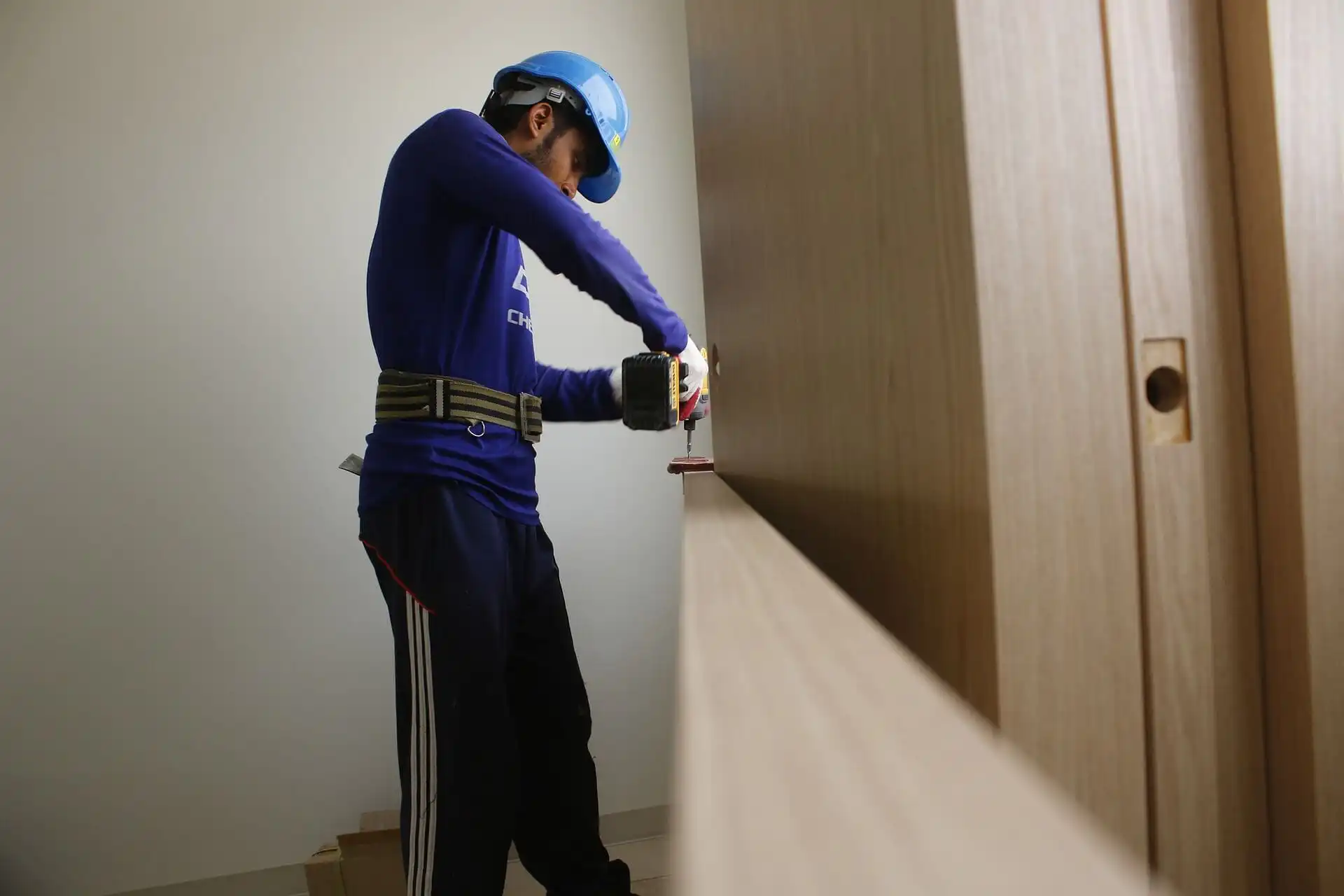Whether you want to build a new home, renovate an existing one or make much needed repairs, you always want to bring in a good, professional tradesman.
Image by s m anamul rezwan from Pixabay
The challenge for many is separating the wheat from the chaff. What should you look for in a good tradesman? We’ll give you a list of things to look for and how to know if the skilled tradesperson meets those standards.
Experience
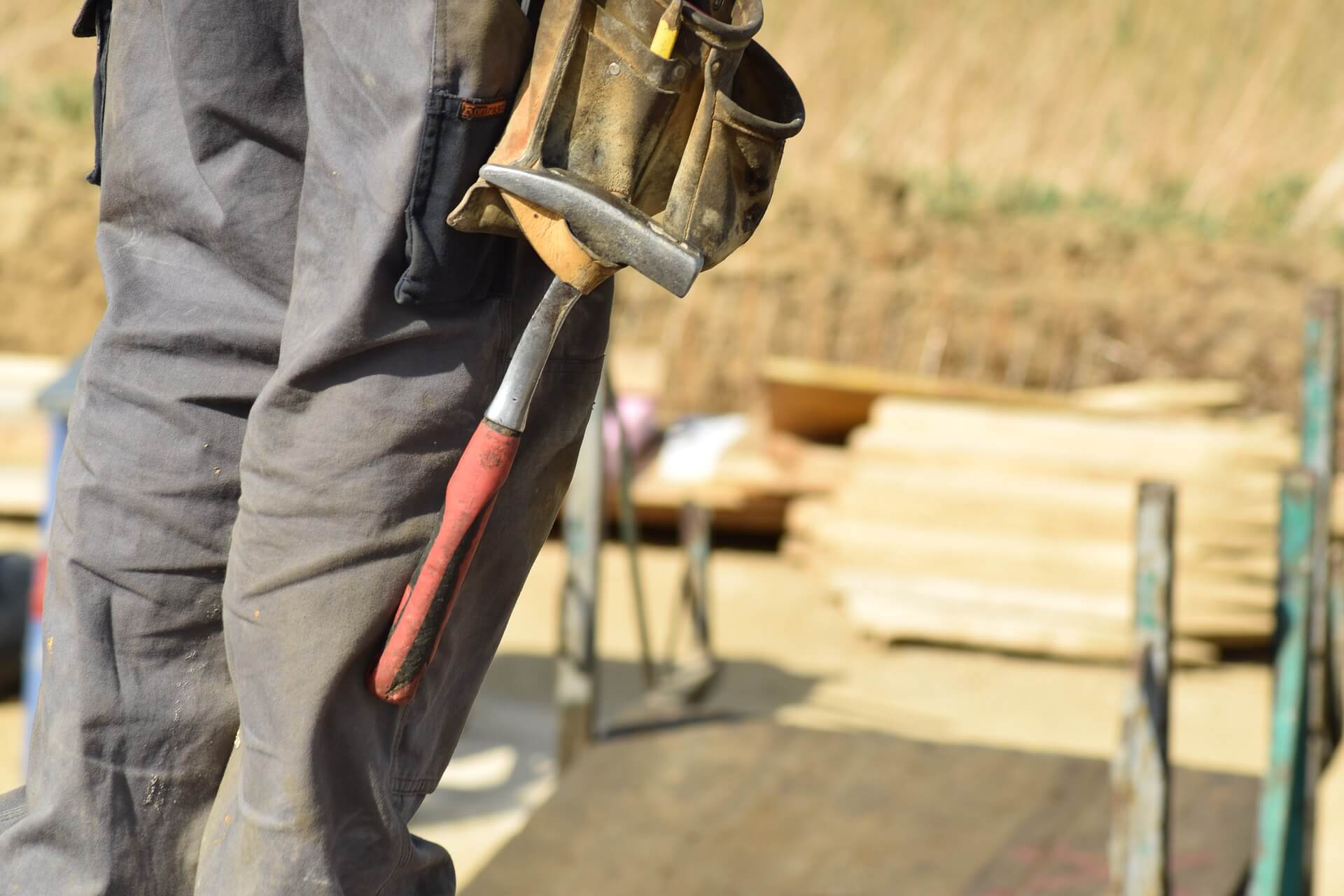
A good tradesperson will have experience dealing with the type of project you want to have done in your home. Even when a general contractor hires subcontractors to complete specific work, they have to understand the type of work being done because they’ve done it before. They will know how to manage that kind of project and take responsibility for meeting quality standards and being on schedule. A side benefit of experience is that you’ll be able to ask for related references.
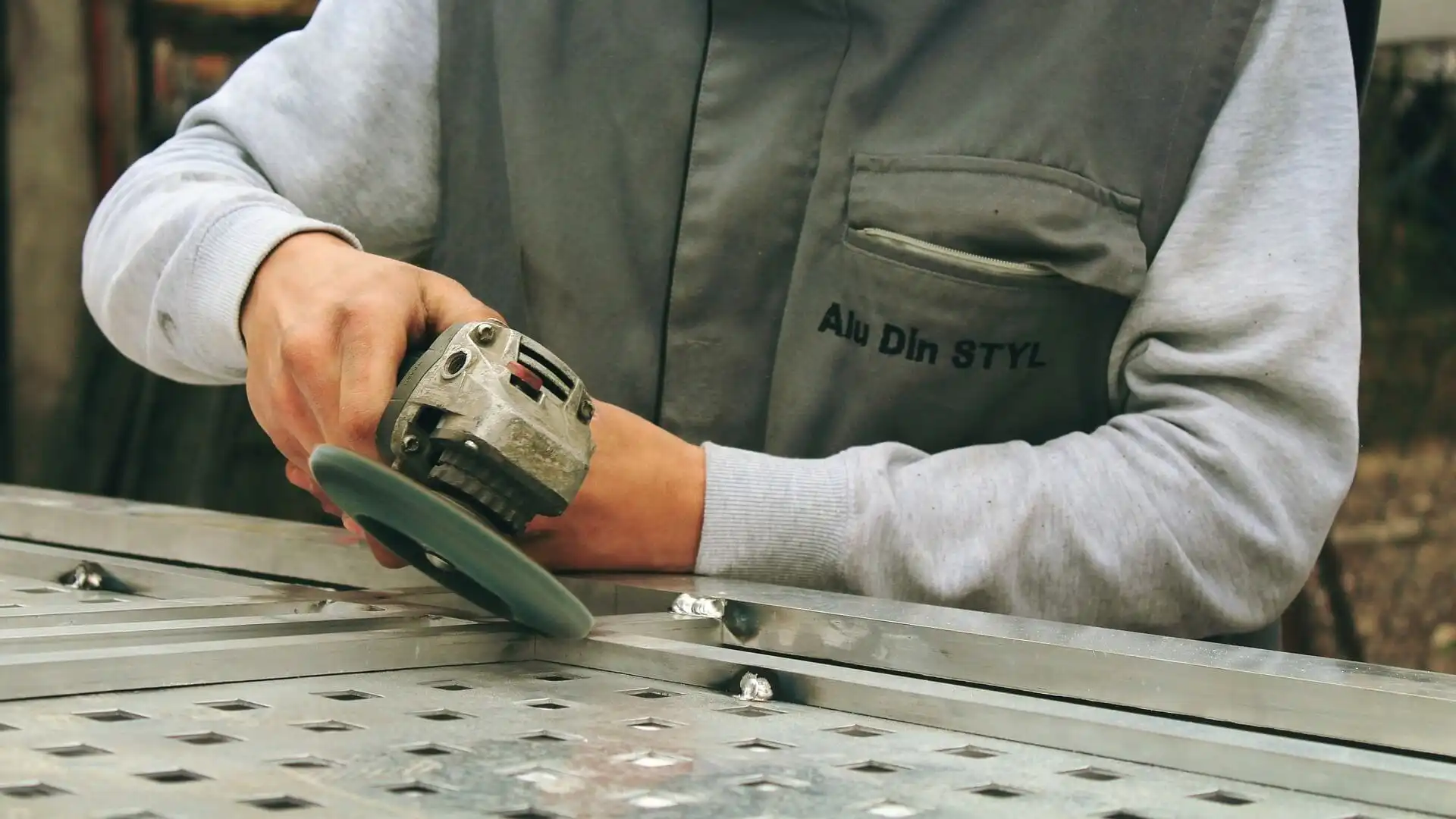
When you call the references, ask about any safety incidents they may have had, the quality of the work, the number of change orders that were necessary, the overall cost relative to initial quotes, and how well the schedule was met.
And don’t accept just any references either. These have to come from recent clients. A good tradesperson should be able to give you contact information from five of their latest clients at least. If you just allow them to give you the references of their choice, chances are you’ll end up with a list of pre-selected favorable or incentivized clients.
Feel free to ask about a contractor’s unique capabilities, but if it isn’t related to your project, then it isn’t a deciding factor when you’re interviewing a number of contractors.
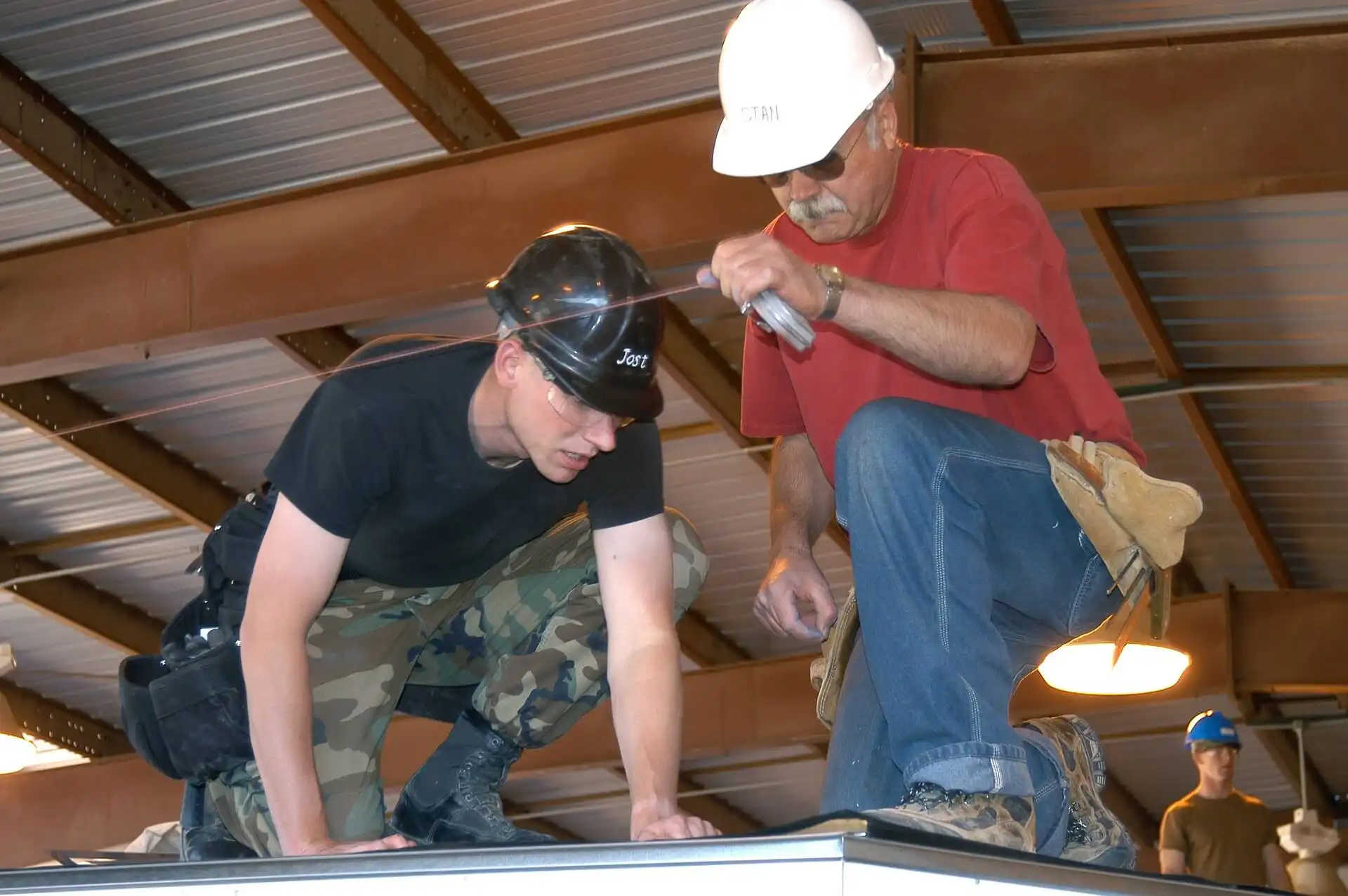
Integrity
Good tradesmen have integrity. They won’t overcharge customers and will do their research before issuing a quote. They do what they say they will, whether it is using the materials you paid for or keeping their original schedule. They don’t promise what they can’t deliver and are honest when mistakes are made or problems arise. They discuss the issues with you, and then they take action to rectify it. They won’t make changes to the project, the scope or the budget without clearing it with you. They’ll respect your property and dispose of trash properly.
Resources
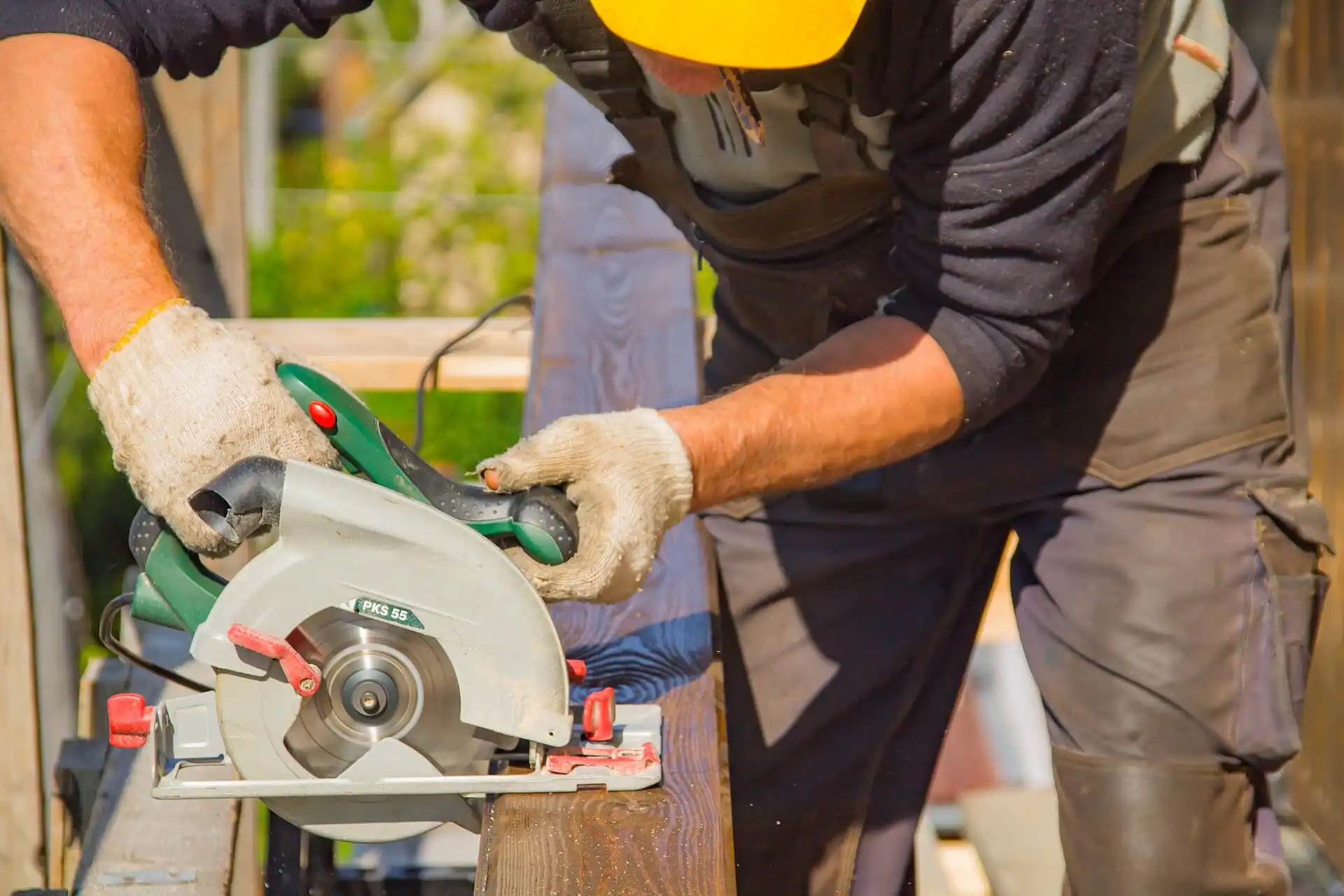
An experienced contractor does not necessarily have a full network behind them. The best contractors have a strong network of suppliers and subcontractors. They’ll have qualified subcontractors for every common task they may need done. They won’t have to hunt for someone to provide a material or tool they need unless you’re truly seeking something exotic, and if that’s the case, they will be able to inform you of that issue and suggest alternatives.
They will also have access to good in-house resources as well. They should have enough people on their team to finish the projects they take on within schedule without a need to go pick up day laborers or bring in un-vetted strangers.
Another matter to consider is the financial resources the contractor has. If they’re financially responsible running their own business, they’ll manage the costs for your project well. They’ll have lines of credit or established relationships with suppliers. If they’re short on money, you run the risk of being billed by unpaid subcontractors or a contractor using your money to pay for another project in-work.
Listening Skills
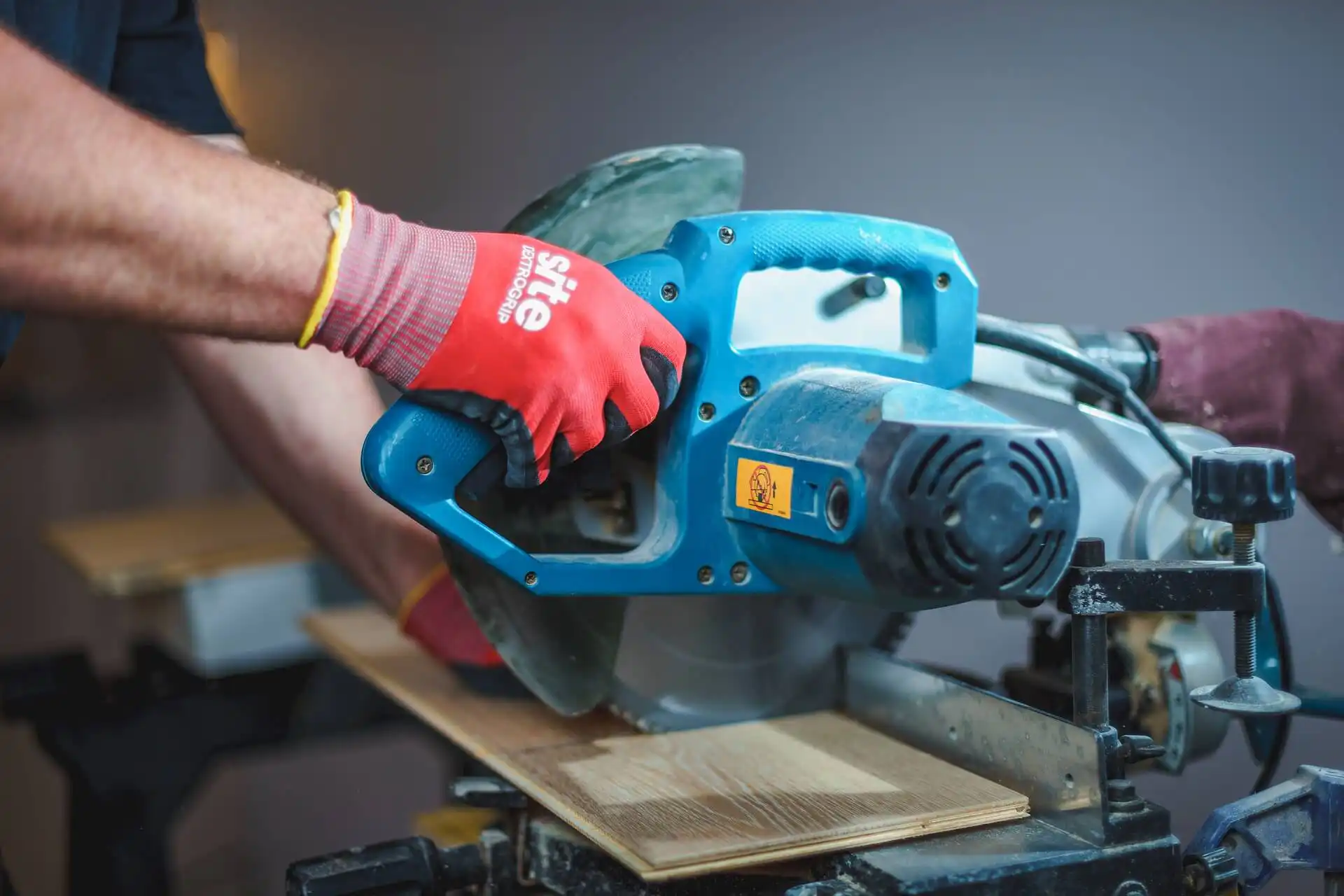
A good tradesperson has good listening skills. They listen to you when you describe the project. They can sketch out the design or outline the full scope of work, and then they take the time to verify that this is what you want. Your voice matters most. They won’t try to convince you to do what they want to do. If something you want cannot be done, they’ll explain why and offer alternatives that are similar.
Another issue is how well the general contractor communicates with their team and any subcontractors they bring in. You may have explained your vision to the general contractor, but if they don’t have good communication with those doing the actual work, it is all for nothing.
Insurance
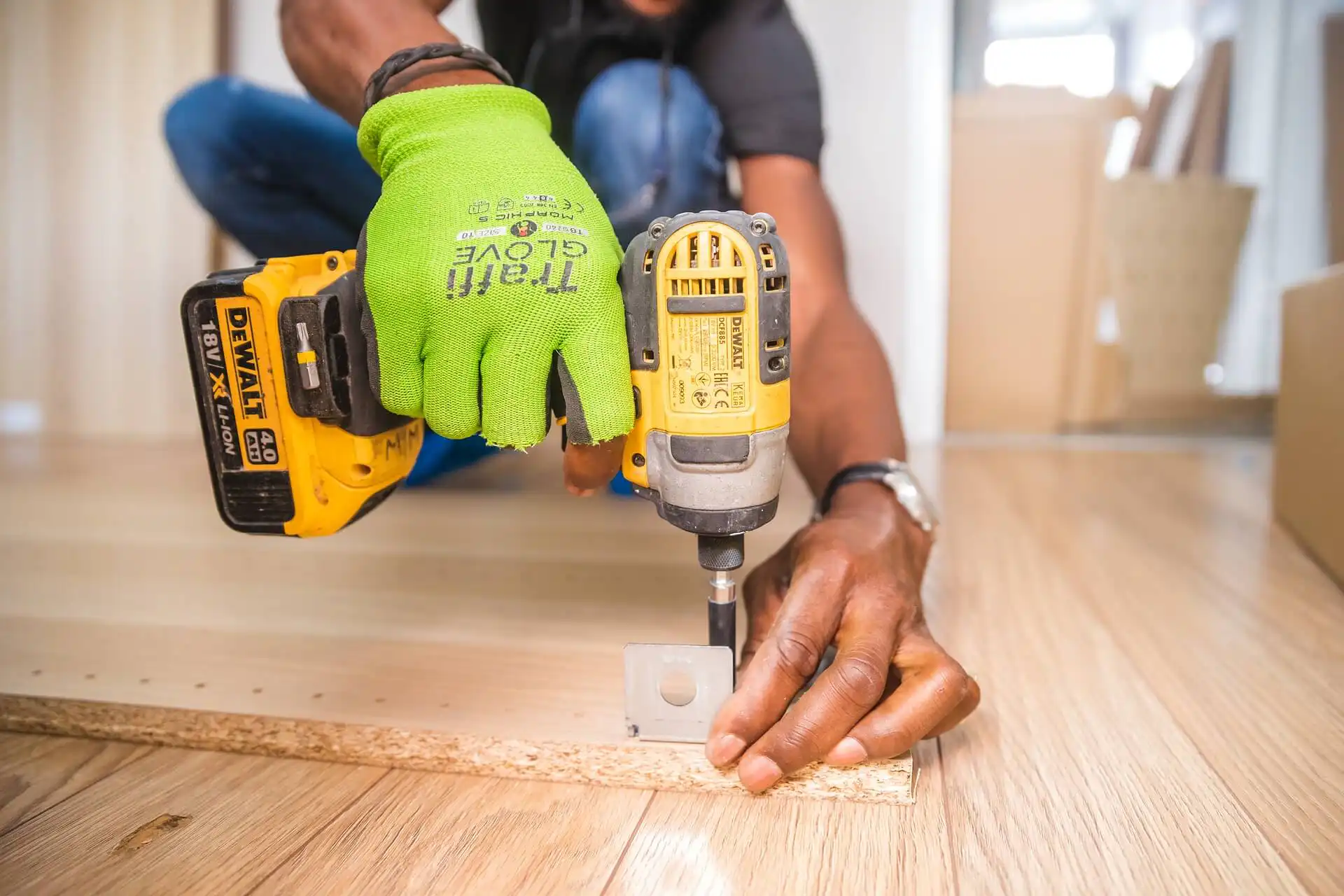
While some bad tradespeople may have insurance, all good tradespeople have general contractors insurance. This insurance covers bodily injury, personal injury claims, property damage and judgements against them. All contractors should have a general liability policy; contractors benefit from additional endorsements like builder’s risk insurance, professional liability insurance, and workers’ compensation insurance. Specific indemnification requirements are required for most contracts. Verify that the tradesman has general contractors’ insurance and other types of coverage to minimize their liability and, potentially, yours.
You must find a good contractor in order for your project to be a success. Taking the time to find a good tradesperson is worth it, since it will save you time, money and hassle.

